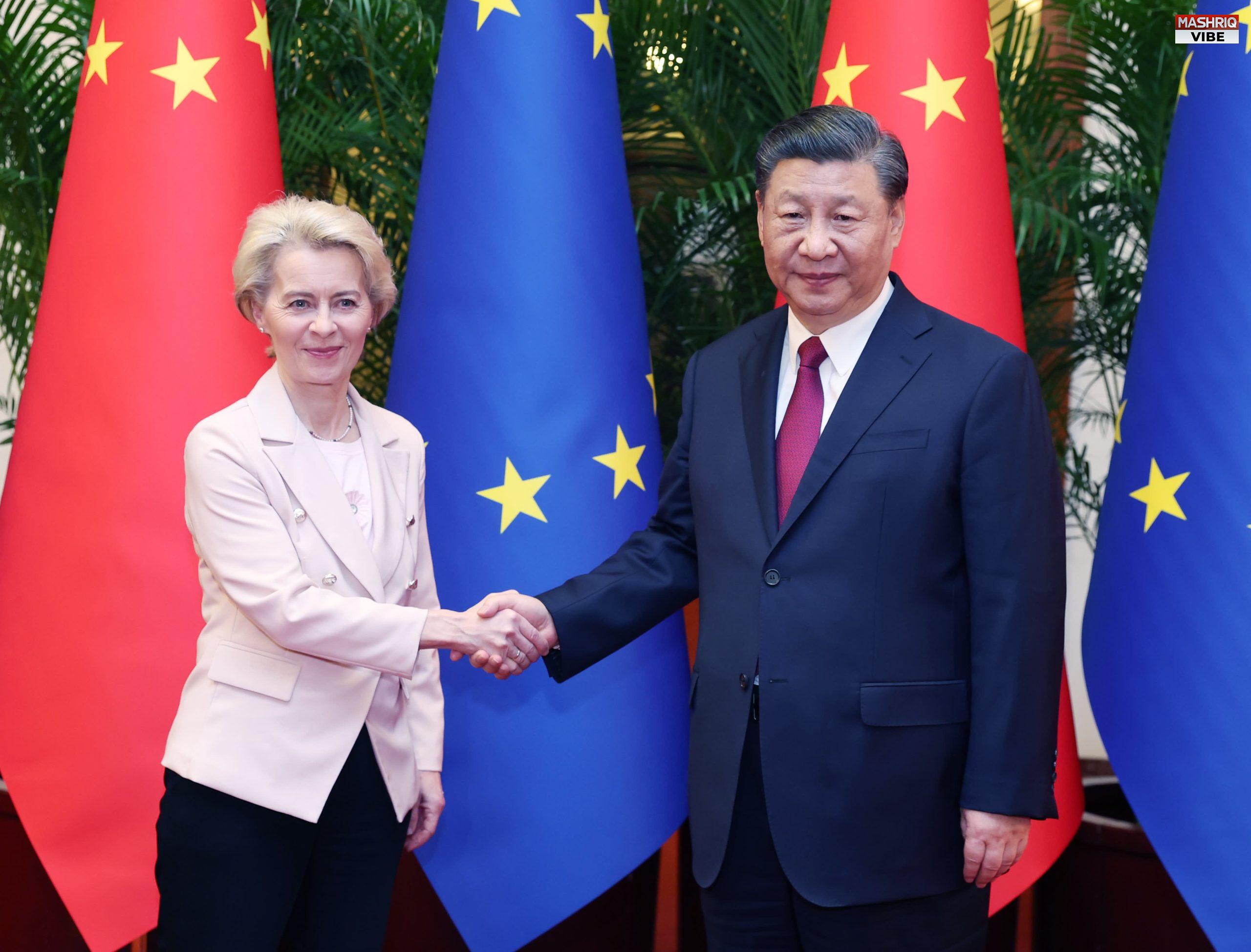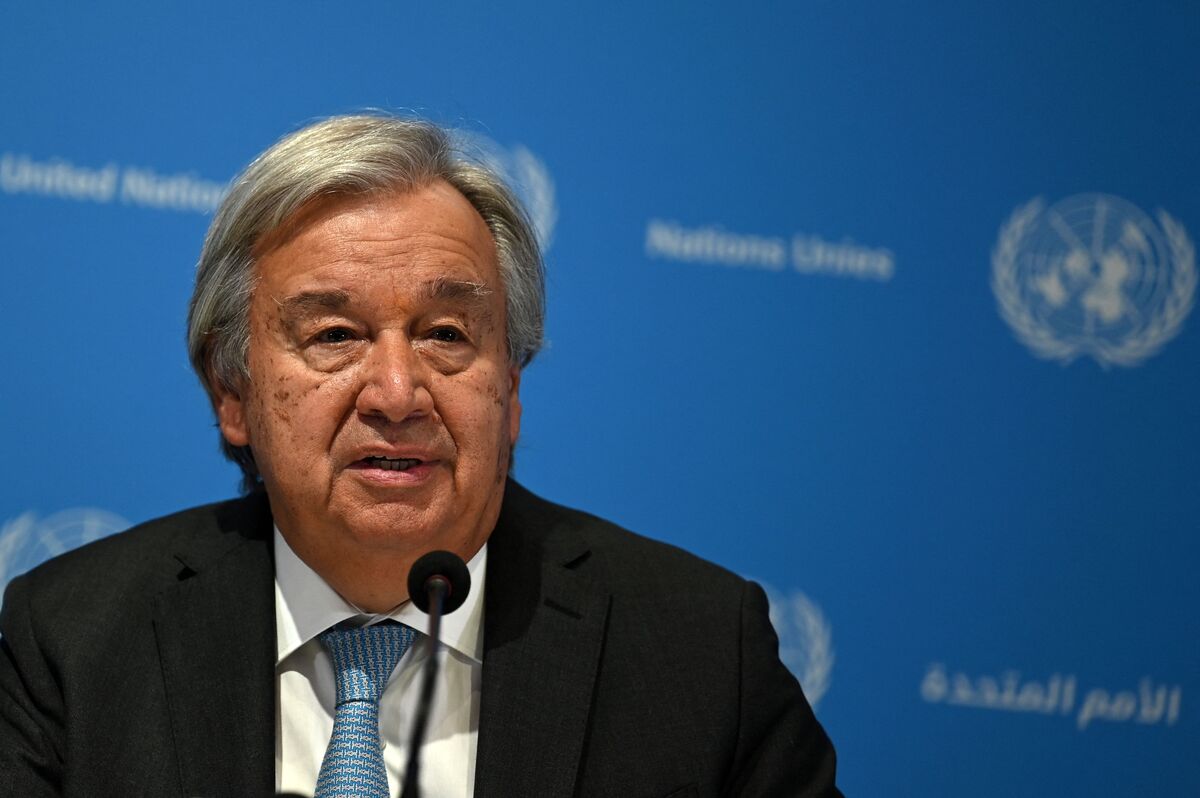The European Union’s President Ursula von der Leyen emphasized the need to address differences between the EU and China as the two powers convened for their first in-person summit in over four years. The diplomatic engagement comes in the context of efforts to navigate post-pandemic recovery and mend strained relations.
In her opening remarks during the summit, von der Leyen acknowledged the warm welcome from Chinese leader Xi Jinping but pointed out existing imbalances and differences that must be tackled. The EU and China have sought common ground in areas like artificial intelligence and climate change, but divergences require responsible management.
European Council President Charles Michel echoed von der Leyen’s sentiments, expressing the EU’s pursuit of a “stable and mutually beneficial” relationship with China. However, he also emphasized the bloc’s commitment to promoting European values, including human rights and democracy, during the summit.
The agenda for the talks includes various sensitive topics, such as human rights, Beijing’s continued ties with Russia amid the conflict in Ukraine, and the substantial EU-China trade gap. Von der Leyen warned against tolerating the trade imbalance indefinitely, asserting that the EU has tools to protect its market.
Tensions surrounding trade intensified as the EU aims to “derisk” economic ties with China, particularly after the war in Ukraine exposed Europe’s energy dependence on Russia. Beijing seeks to hinder or delay the derisking process while projecting itself as a responsible global actor, reassuring European partners about the direction of the Chinese economy.
However, on the eve of the summit, Italy made headlines by withdrawing from China’s Belt and Road infrastructure initiative. Prime Minister Giorgia Meloni’s opposition to the initiative, seen as a bid by Beijing to gain political influence, reflects a growing trend of nations reassessing their participation.
Other significant topics on the summit agenda include the Israel-Hamas conflict, Russia’s war in Ukraine, and the Taiwan issue. China’s camaraderie with Russia and the EU’s lack of trust in Beijing set the stage for challenging negotiations, with both sides unlikely to fully achieve their objectives.
As the leaders engage in talks and discussions, the summit is expected to play a crucial role in shaping the future of EU-China relations. Despite differences, both parties emphasize their partnership and common interests, and the outcome of the summit will have implications for global geopolitics and economic dynamics.
















